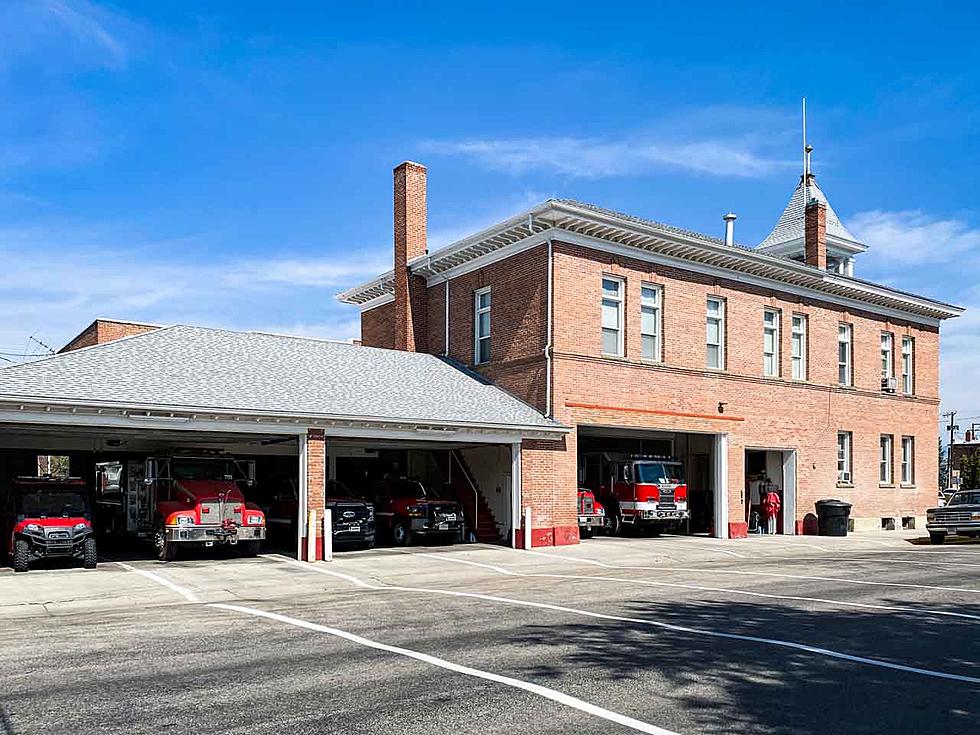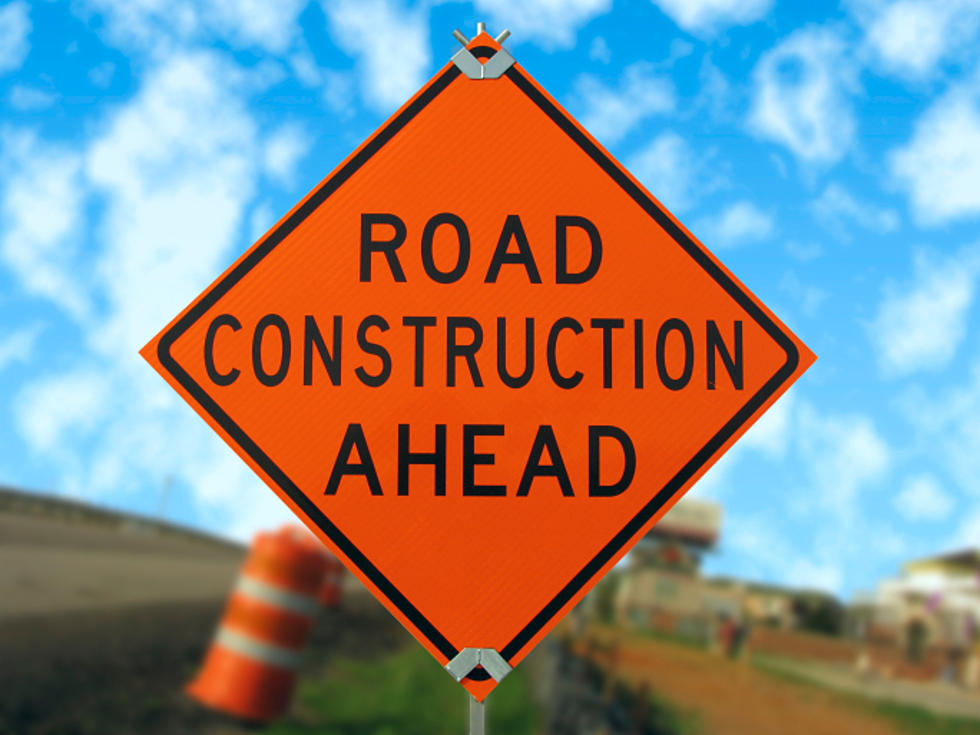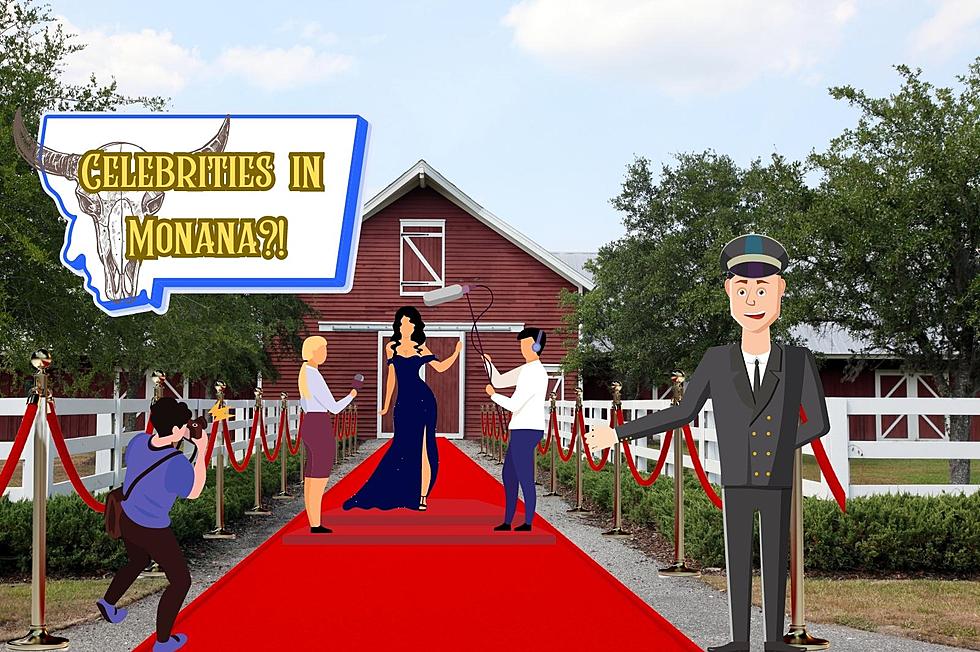
Why The $15 Minimum Wage Is A Good And Bad Idea
On the surface the minimum wage is a good idea to most people. Why shouldn’t people have a living wage — or at least something closer to it?
Minimum wage is a double-edged sword.
The Case For Minimum Wage
People making $15 per hour ($31,200 a year before taxes) could live a modest lifestyle in many areas of the United States and be well above the poverty line.
In other areas much more income would be needed, but it would be a good start.
Those making $15/hr. would pay more in taxes because the bulk of their extra income would be in the next higher tax bracket of 15 percent.
With a higher income they would be less dependent on entitlement goods and services than they rely on now.
They could be in a position to put some of their income into personal retirement accounts that would produce more in retirement than Social Security.
Many work contracts are tied to minimum wage so those with such contracts would benefit and even more taxable income would be available to government.
The Case Against Minimum Wage
Currently the highest unemployment numbers are in the 16-25 year old entry-level age group. Blacks and Hispanics have very high numbers in the inner cities.
The minimum wage would be great for these people if the business decides to invest over $31,000 in entry-level positions.
It would seem that an experienced person already at the $15/hr. level would be a better investment for most employers than an inexperienced worker who would require extensive training.
Theoretically it would be tougher for the entry-level person to find gainful employment to gain needed skills and experience to move up the income ladder.
As I said this is a double-edged sword.
Much of their increased income would be taxed at the higher 15 percent tax bracket.
Many would be priced out of the market for entitlements they might still need because their income is now too high to qualify. More than likely the government would raise the poverty level to keep the status quo.
Payroll has to be maintained at a specific percentage for a business to be both profitable and competitive in the market place. This many lead to either more people working part time or fewer full time positions. Also a raise in prices might also be needed for the business to survive.
Some Final Thoughts
Most minimum wage plans to raise the wage to $15/hr. are spread out over several years. Although some cities like Seattle have made it the prevailing wage immediately.
Time will tell what impact, if any, this move will have on some businesses or industries. Other cities are preparing to move in a similar direction especially since it’s an election year coming up.
Nothing gets votes like more money in your pocket.
Over 30 states have laws that currently pay more than the Federal Minimum wage including Montana.
What’s your position? And why are you for or against a minimum wage increase?
Comments Below
More From The Moose 94.7 FM









